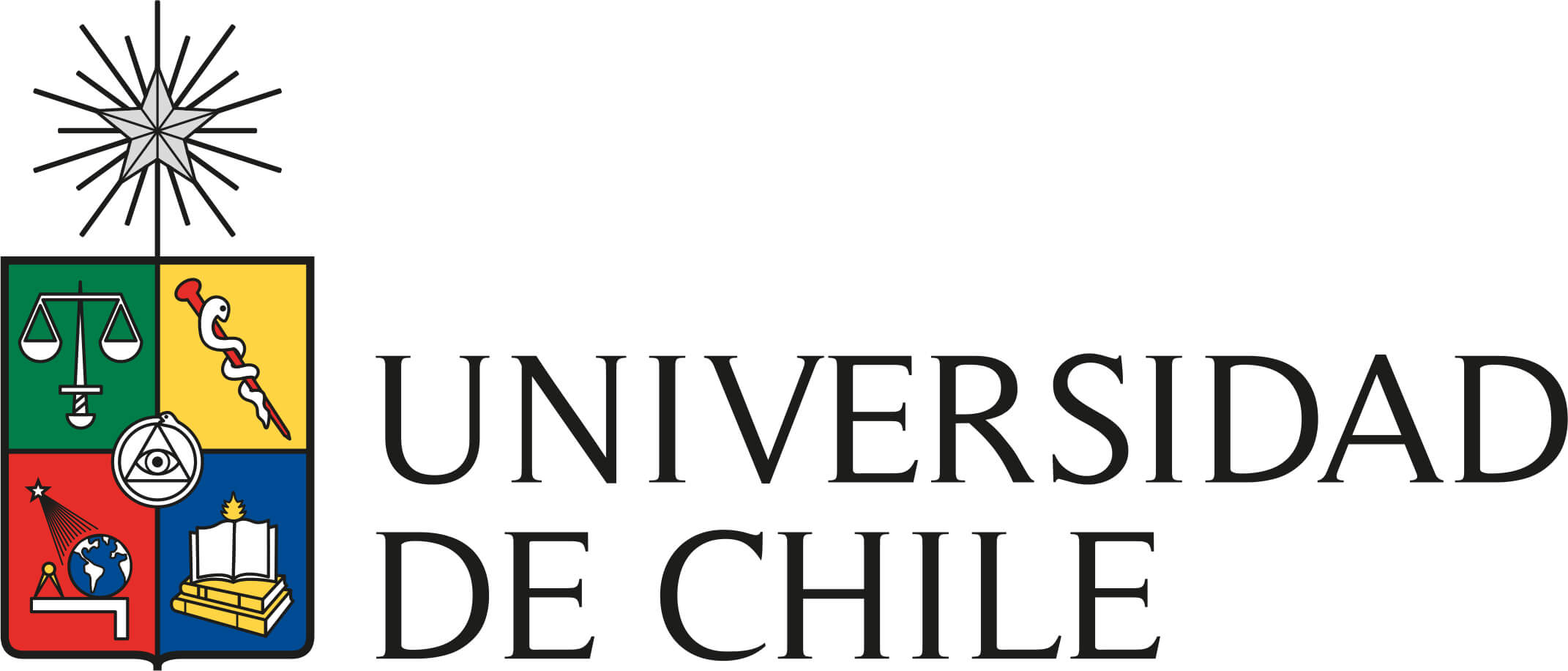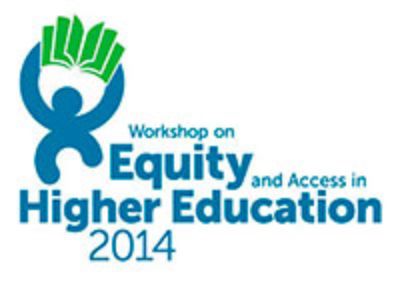Concept Note
Background
Public policies in the Asia-Pacific region increasingly focus on the contribution of higher education to economic growth through provision of skills and of research leading to innovation. Yet significant numbers of talented students are not able to make their full contribution to the progress and well-being of their societies owing to disadvantage and discrimination.
In 2012, a World Bank Report entitled ‘Putting Higher Education to Work – Skills and Research for Growth in East Asia’ stated:
Compounding the quality issues is higher education’s exclusion of capable and talented students because of their socio-economic status, ethnicity, and rural residence. Across the region, ethnic minorities, in particular, appear to exhibit shortfalls in both tertiary enrollment and completion. (p. 2)
APRU member universities recognize the wastage of talent arising from this exclusion and are responding to the equity challenge.
Following the endorsement of an equity and access program proposed by University of Chile at the Annual Presidents Meeting in Vladivostok, APRU’s Equity and Access Program aims to enhance the ability of leading research universities to attract the best students regardless of socio-economic, ethnic, religious, linguistic or other backgrounds. Impediments such as financial constraints, limited local information on educational opportunities or the difficulty of access to high quality secondary education frequently deny excellent students the pathways to places in the top universities. Even if they attain this goal, they are then confronted with cultural barriers, lack of appropriate support or insufficient recognition of their achievement.
The Convening Role of the University of Chile
The University of Chile has offered to play a convening role in APRU’s Equity and Access Program based on its sustained commitment to social progress. It has surveyed equity and inclusion initiatives in the Chilean context where private spending on equity, according to OECD and World Bank estimates, stands at about 82% with only 18% state spending1. This has resulted in lower state benefits and uneven educational equality and access of students from lower socio-economic groups.
Over the past eight years, the university has been encouraging a socially-inclusive approach to higher education which positively responds to the social and developmental needs of the Chilean economy through equity initiatives within the university. It has also actively participated in proposing national policies, designing and implementing equity programs for its students2 and launching research on equity.
The University of Chile continues to put in place institutional mechanisms to implement equity in admissions, teaching and learning, student talent recruitment and welfare.
Objectives
The First APRU Experts’ Workshop on Equity and Access in Higher Education will be held April 10-11, 2014 in Santiago hosted by the University of Chile. This workshop will address the following:
- Issues of access to research universities by students from lower socio-economic and under-represented groups;
- Responsibilities of public and private institutions for equity and access in national higher education systems;
- Effective policies, partnerships, pathways, funding models and programs for enhancing access and equity for lower socio-economic and under-represented groups.
- Collaborative outcomes amongst APRU members for a 3-year work plan on equity and access.
Participating universities will be encouraged to share their principles and initiatives in equity and access supported by diagnostic data. It is intended that a preliminary comparison and sharing of equity and access policies and programs of participating APRU universities be used as a resource for discussions.
Participants will give presentations at the workshop on policies and practices at their respective universities. The meeting will also include sessions for deliberating on the objectives and activities of the APRU Equity and Access Program.
Output
The concrete outcomes of the April 2014 meeting will include the following:
- A preliminary report noting the equity and access paradigms presented by APRU member universities and setting out the areas for policy and program development;
- A draft statement setting out the equity and access objectives to be achieved by APRU member universities and a consultative process for their realisation;
- Proposed projects and activities in equity and access which could constitute key elements of a three-year program plan;
- Identification of APRU members committed to develop and sustain the APRU Equity and Access initiative.
Target Participants
This workshop is mainly for senior academic leaders and administrators with strategic responsibility for equity and access issues, equity program heads/directors, senior researchers in the field.
1: “The Priority Access System for Educational Equity at the University of Chile”, Rosa Devés, Claudio Castro, Maribel Mora Curriao and Rodrigo Roco, Universidad de Chile.
2: Local programs include self-funded scholarships, social and academic support for students, a new quota-based access policy for students coming from public schools, the creation of an internal Equity Office, and support programs for talented students who have not received high quality school education.


